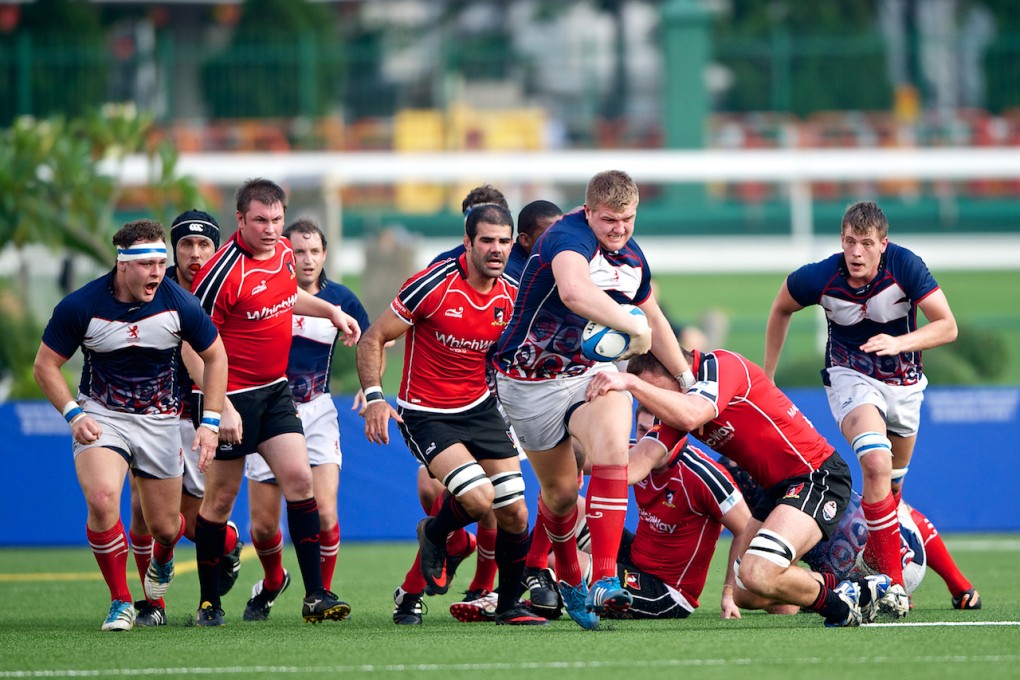Director’s Discourse | Domestic game given ‘priority’ status
HKRFU tackles four key areas of concern and gives rank-and-file fans a voice

The Hong Kong Rugby Football Union has pledged to devote more attention and resources to its bourgeoning domestic game.
The full HKRFU board held an offsite meeting at King’s Park on the morning of the recent Super Saturday games. The sole item on the agenda was domestic rugby in Hong Kong.
In a bid to engage the rugby community, the directors then made themselves available to answer questions from the rank-and-file supporters who turned up to watch the matches later in the day.
Four overarching themes came out of the offsite – the need for increased communication; recognition of the improving standard of Paul Y Premiership rugby and the resulting need for more support for the clubs; facility and ground constraints; and laws and referees.
There are plenty of strong initiatives and developments regularly coming out of the HKRFU. However it was acknowledged that we can do a better job of letting people know what is going on and what we are working on.
Regular meetings have been set up with the chairmen of the Premiership and Championship clubs to ensure that key issues are raised and from both a union and club perspective.